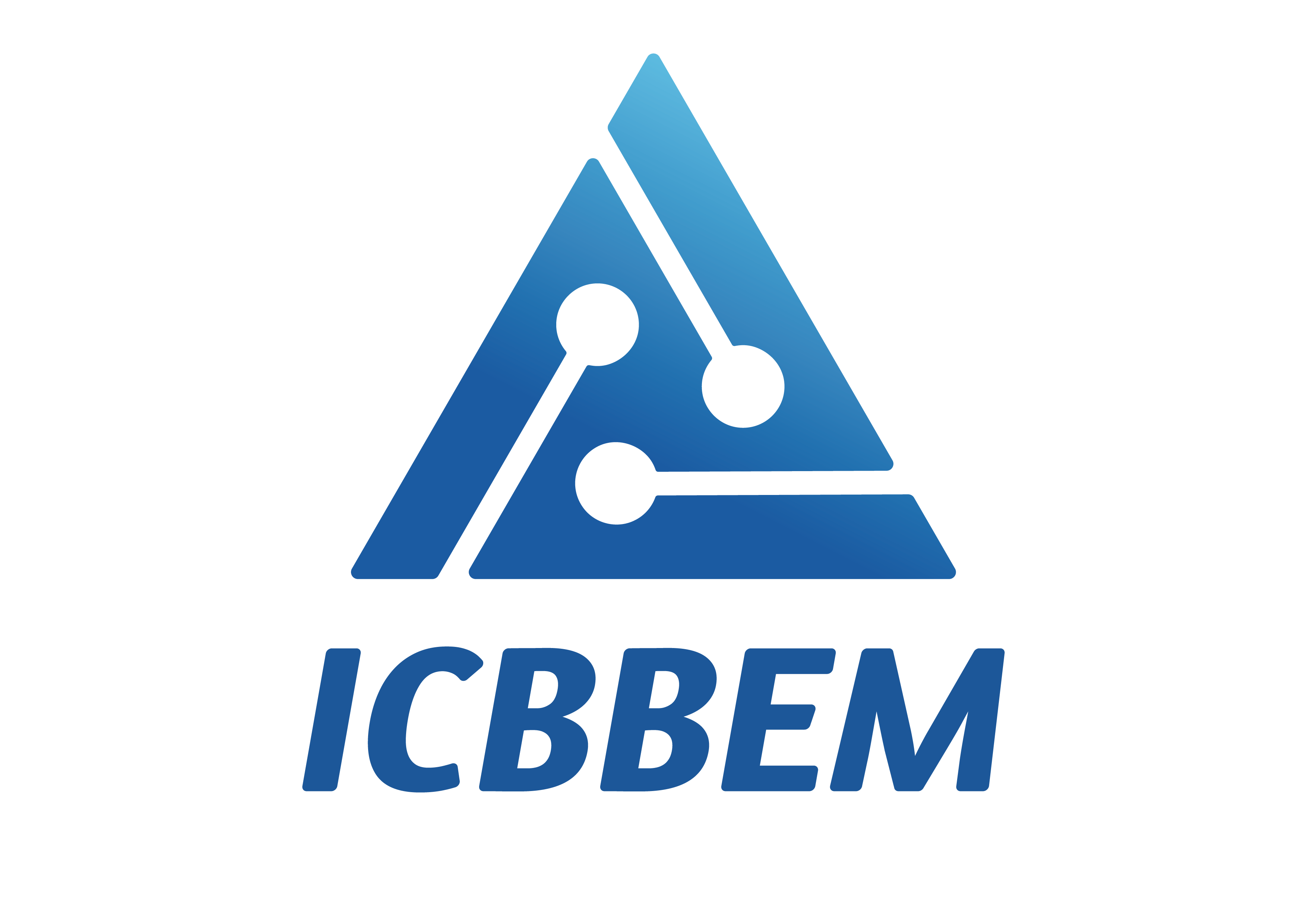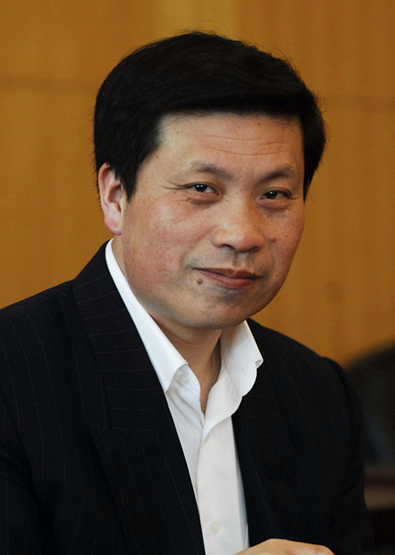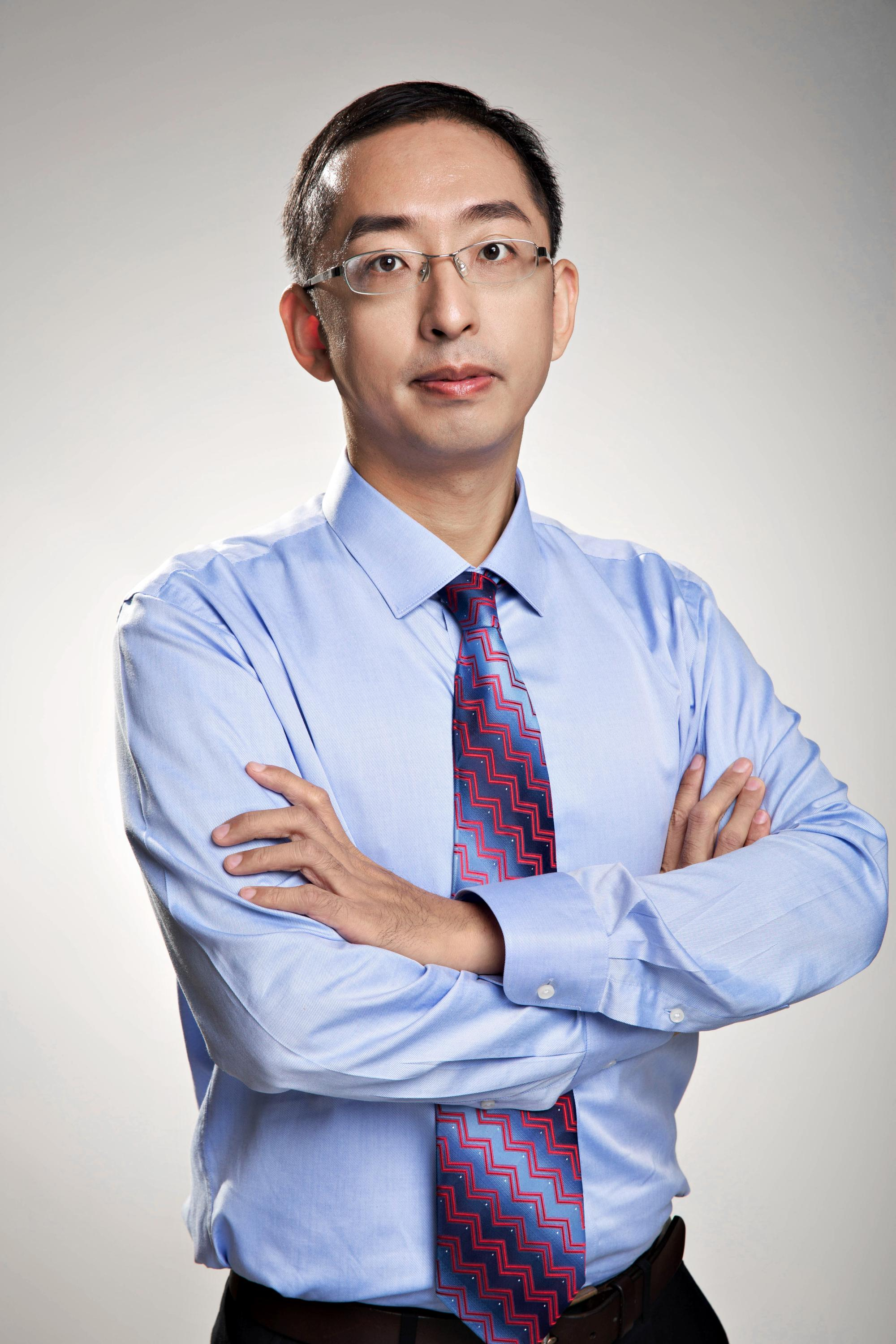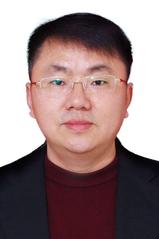| Prof. Shuhua ZhangTianjin University of Finance and Economics, China Research Areas: Financial mathematics, numerical solution of partial differential equationsIntroduction:He has completed 3 projects of the National Natural Science Foundation, 1 project of the National 973 Project "Quantitative Analysis and Calculation in Financial Risk Control" "Financial Derivative Pricing Model and Calculation", 2 projects of the Ministry of Education and 1 project of Tianjin Natural Science Foundation. At present, he is in charge of 1 project of the National Natural Science Foundation, 1 project of the National Major Scientific Research Plan, and 1 project of the National Social Science Foundation. He has published more than 60 SCI retrieval papers and 1 English monograph in the internationally renowned journal "SIAM J. Numer. Anal." and his research team has been awarded the Tianjin Innovation Research Team. Speech Title: Dynamic Order Allocation in a Duopoly Hybrid Workforce of Competition: A Machine Learning Approach Abstract:We develop a continuous-time stochastic differential game model that aims to capture market demand and stochastic cross-network effects, and we seek to find equilibrium order allocation strategies between the firm and the platform. By solving the Hamilton–Jacobi–Bellman (HJB) partial differential equation system, we obtain the feedback equilibrium. For a simple scenario, we derive the analytical solution which indicates that the equilibrium expenditures depend only on the marginal market thickness, and that market thickness is consistently advantageous for the value function. For the complex scenario, we propose a machine learningapproach based on the Deep Galerkin Method to solve high-dimensional nonlinear HJB systems, and we demonstrate its good convergence properties. Based on reliable parameter values, our simulation results show that: (1) For higher market thickness, value functions exhibit greater sensitivity to changes in cross-network effects. (2) For a given cross-network effect, the equilibrium acquisition and retention expenditures display significant sensitivity to market thickness and time, respectively. To show the interaction between the two platforms, we present the following two results. One is that for the platform adopting a high pricing strategy, its acquisition expenditures exceed those of its competitor, while retention expenditures are the opposite. The other is that as the cross-network effect of the platform increases, its maximum profit initially rises and then declines, and the time of occurrence of the maximum profit monotonically decreases. In contrast, the competitor’s maximum profit initially declines and then rises, and the time of occurrence of the maximum profit monotonically increases. |
| Prof. Hua WangZhejiang University, China Research Areas: Finance, FinTech, BlockChain, EconomicsIntroduction: Professor, Ph.D. (University of Tokyo), CFA, Director of Financial Innovation and FinTech Research Center. Dr Wang has more than 10 years of professional and research experiences in international capital markets, financial products, FinTech, etc.,and 5 years as a senior Research Fellow at China Institute of Finance and Capital Markets. Dr. Wang has excellent proficiency in English and Japanese, with long-term international experience in Tokyo, London and Hong Kong, etc. He also participated in a number of research projects focusing on financial markets and government policies, and published tens of research articles and papers. Speech Title: Comparative Analysis of LLM-based Market Prediction and Human Expertise with Sentiment Analysis |
| Prof. Hongbing ChengZhejiang University of Technology, China Introduction: Cheng Hongbing, Doctor, professor, doctoral supervisor, postdoctoral fellow of the Department of Computer Science and Technology of Nanjing University (State Key Laboratory of New Software Technology), CCF outstanding member, IEEE member, Jiangsu Province "Six talent peak" high-level talent training and funding object, Jiangsu Province "blue Project" academic training object, Xinjiang "Tianchi Talents" special expert. Huawei Network security foreign training special professor. Postdoctoral fellow at University of Manchester, University of Stavanger, Norway and Visiting scholar at Deakin University, Australia. Head of the Information and Privacy Protection Research team. Research areas mainly include software technology and theory, cryptography technology and application, big data security, network and information security, cloud computing privacy protection, blockchain technology, etc. Speech Title: Blockchain and Data security : From Theory to Application Abstract: Blockchain is a chained data structure consisting of blocks linked in chronological order. Each block needs to maintain an identical, continuously growing, and immutable ledger backup locally; blockchain is a technology that enables the secure sharing of information. Data, obviously, is stored in a database. Transactions are recorded in an account book called a ledger. In this report, we will explain blockchain technology and preliminarily explore its potential application data security areas. |



